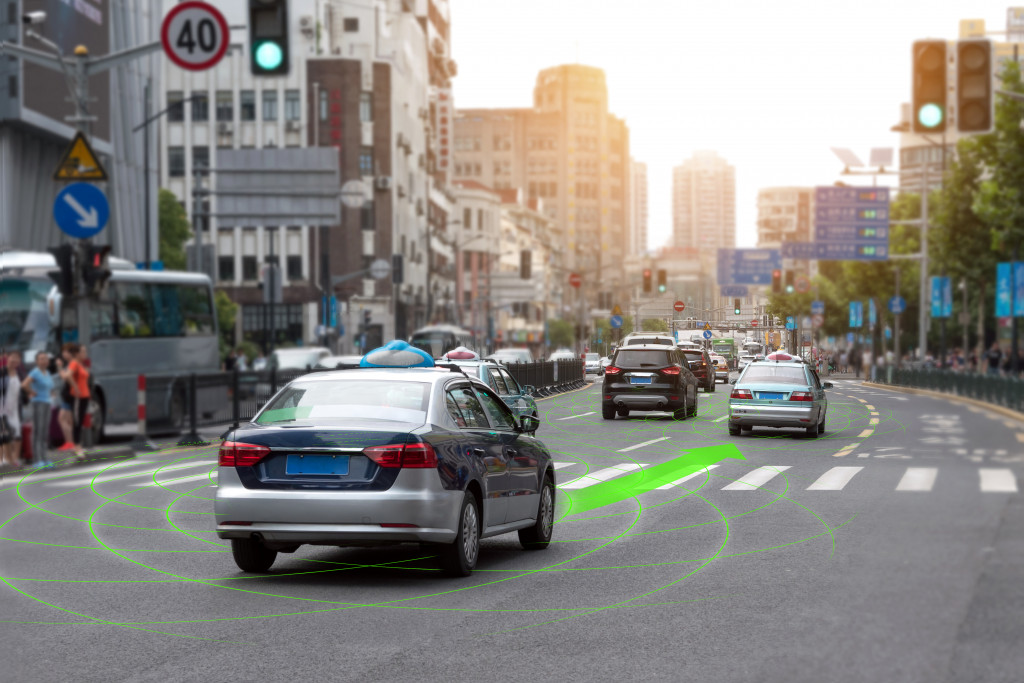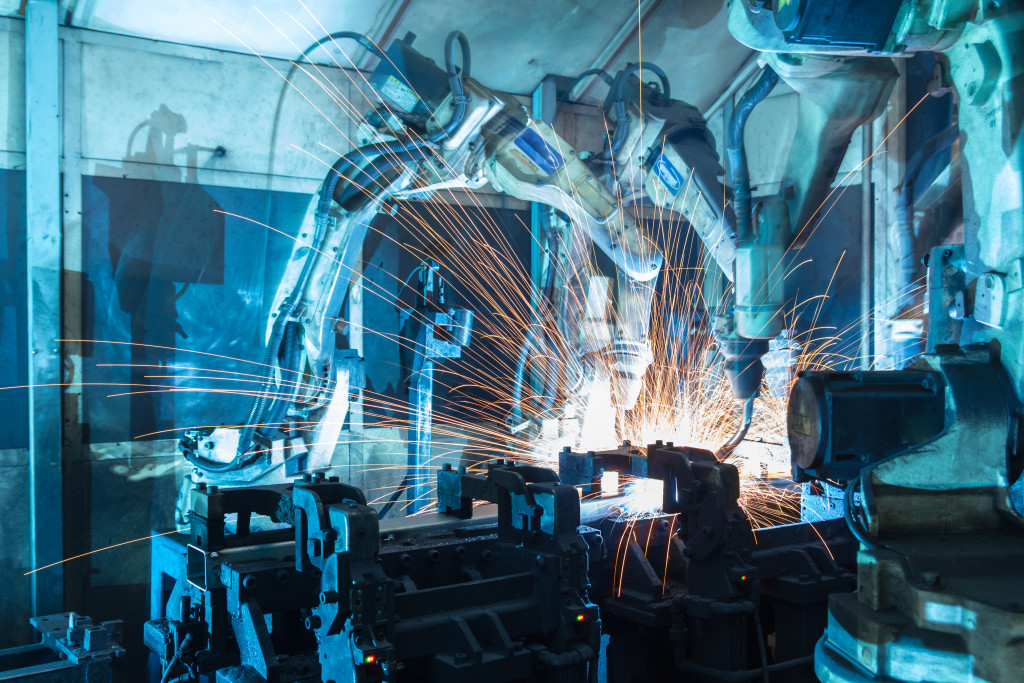- Diagnostic tools such as OBD-II scanners, multi-meters, automotive scan tools and infrared thermometers are used to detect issues.
- Automated processes reduce the time needed for tasks and provide a consistent, cost-effective solution.
- Data analysis allows mechanics to diagnose problems and develop tailored solutions for individual vehicles.
- Automated appointment scheduling systems help improve customer satisfaction by reducing turnaround times.
- Technology is used to provide remote services such as telematics and advice over the phone.
Technology has revolutionized the automotive service industry, making it easier for technicians and service providers to diagnose problems, perform repairs, and keep customers satisfied. Automotive technology has made it possible for vehicle owners to get an accurate diagnosis of their vehicles quickly, saving time and money on maintenance and repairs. This guide will look at some different technologies that have changed the automotive service industry and how they are used to improve customer service.
1. Diagnostic Tools
One of the major roles technology plays in automotive services is diagnostic tools. These tools are used to diagnose a car’s problem, identify what needs to be fixed and find the best solution. Modern diagnostic equipment can detect problems before they become apparent to drivers, thus preventing them from becoming more serious. Such tools provide invaluable data about the car’s performance, allowing mechanics to repair it more efficiently.
Here are the diagnostic tools that are commonly used in automotive service centers:
OBD-II
On-Board Diagnostic (OBD) systems have been standardized in vehicles since 1996 as part of the Environmental Protection Agency’s mandated emissions requirements. An OBD-II scanner is a device used to read and interpret data from the car’s onboard computer. It can detect issues such as oxygen sensor or catalytic converter failure, misfires in the ignition system and engine malfunctions.
Multi-Meter
The multimeter is a device used to measure voltage, current and resistance within automotive wiring systems. Diagnosing electrical faults such as blown fuses and checking that sensors are working correctly is essential. There are several types of multi-meter, ranging from a basic pocket model to more sophisticated models with data logging capabilities.
Automotive Scan Tools
An automotive scan tool is an advanced device to diagnose and repair car troubles. It can display diagnostic codes and connect directly to the car’s computer system. Scan tools can also monitor live data, allowing mechanics to inspect parameters such as engine temperature, ignition timing and fuel pressure.
Infrared Thermometer
Infrared thermometers are used to measure the surface temperature of automotive components without contact. They are very useful in diagnosing problems with brake calipers, brake discs and other components that become prone to overheating. Infrared thermometers allow mechanics to identify issues quickly and accurately, preventing further damage or costly repairs. This device is also used for inspecting exhaust system components or any engine-related issue.
2. Automated Processes

Technology has revolutionized the way automotive services are carried out. Automation is becoming increasingly popular as it provides a more consistent and cost-effective solution for various processes. Automated processes can diagnose, test, and repair cars and obtain data such as VIN numbers and mileage readings. This reduces the time needed to carry out a task and allows mechanics to focus on other parts of the service instead.
3. Data Analysis
Technology also plays a major role in the analysis of automotive data. This is particularly beneficial for data-driven services such as predictive maintenance, where data from a car’s performance predicts when it will need servicing or repair. Mechanics can more accurately diagnose problems and develop solutions tailored to an individual vehicle using modern technology.
4. Customer Satisfaction
Customer satisfaction is essential to the success of any business. It’s even more important in the automotive industry, as customers invest large sums of money into their vehicles and must ensure they get the best service possible. As such, automotive services are held to a higher standard and must have excellent communication, appointment management and customer service skills. Technology can help automotive shops improve in all these areas, from providing customers with real-time updates on appointment-making progress to offering automated customer satisfaction surveys.
Automotive service providers are constantly looking for solutions to effectively boost automotive appointment-making skills and provide customers with the best possible service. Automated appointment scheduling systems eliminate the need for manual appointment management and improve turnaround times.
5. Remote Services

Finally, technology is also used to provide remote services such as telematics. This allows mechanics to access data from a car’s onboard computers to diagnose problems remotely. This can be particularly useful for diagnosing complex issues or providing advice over the phone, as the technician can access a car’s complete service history.
Final Thoughts
Technology plays a vital role in the automotive service industry. Modern technology is essential for providing an efficient and cost-effective service, from diagnostic tools to automated processes and data analysis. Furthermore, it helps improve customer satisfaction by enabling remote services, allowing customers to book appointments and receive advice without physically visiting the garage. As technology advances, the automotive service industry will likely continue to benefit from its implementation.
